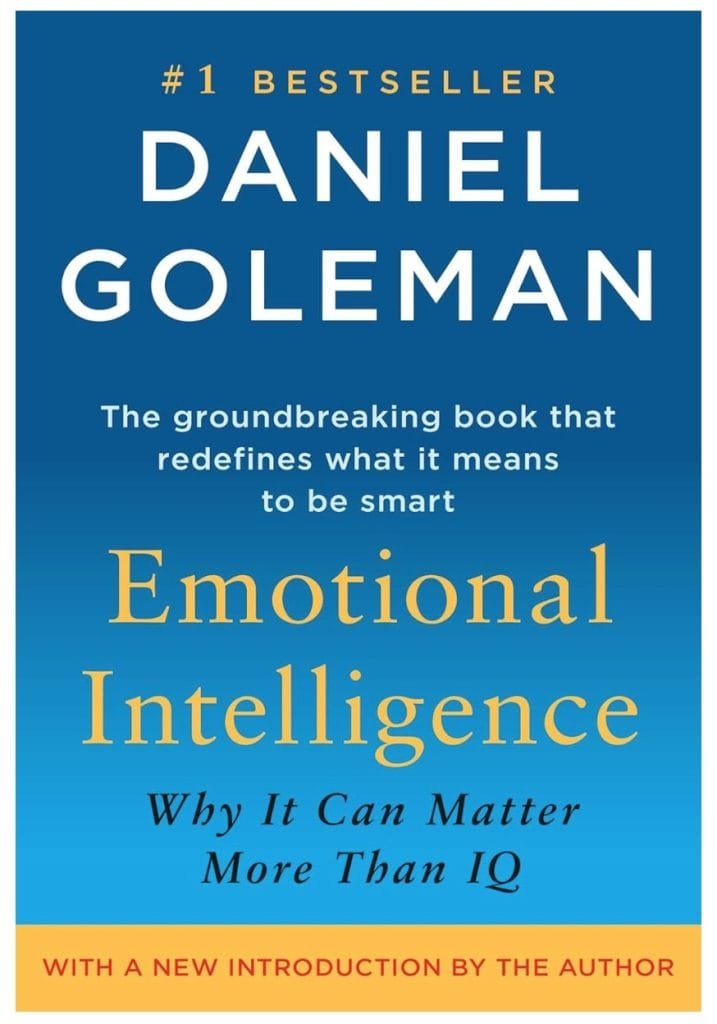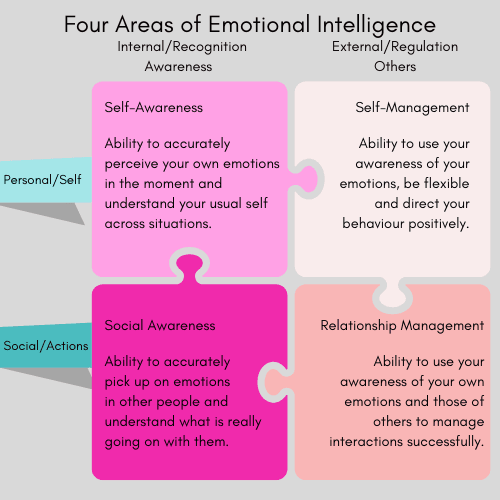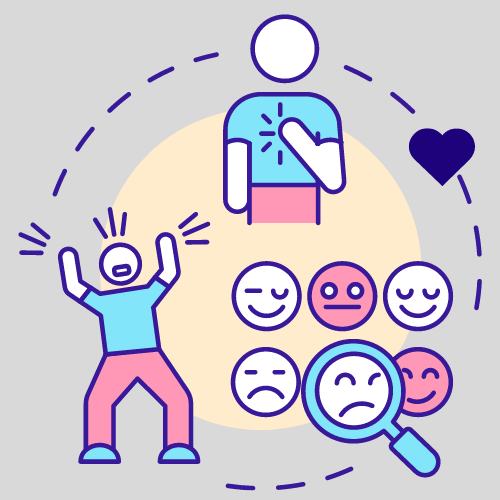We are all individuals with different personalities, different wants and needs, and different ways of showing our emotions. The way we manage our emotions is Emotional Intelligence or emotional quotient or EQ.
What Is Emotional Intelligence?
In 1990, emotional intelligence was introduced by Peter Salovey and John D. Mayer in the 1990s. Furthermore in 1995, Daniel Goleman, an American psychologist, developed a framework of five elements that define emotional intelligence in his book Emotional Intelligence – Why It Can Matter More Than IQ.

Emotional intelligence is the ability to recognise your emotions, understand what they’re telling you, and how your emotions can affect other people.
Low emotional intelligence
Low emotional intelligence (EI) can lead to poor emotion regulation in several ways:
- Limited Recognition: Those with low EI may not accurately recognize their emotions, making it hard to address them appropriately.
- Misunderstanding Emotions: Without understanding the causes or triggers of emotions, it’s difficult to strategize how to handle them.
- Impulsive Reactions: Low EI can result in knee-jerk emotional reactions without thoughtful response or self-reflection.
- Difficulty in Expression: People with low EI might struggle to express their emotions constructively, leading to miscommunication or conflict.
- Reduced Empathy: A lack of EI can mean reduced empathy for others, making interpersonal conflict more likely and harder to resolve.
- Ineffective Coping Strategies: Without the insight provided by higher EI, individuals might resort to maladaptive strategies like avoidance, substance abuse, or aggression.
Parts of Emotional Intelligence
Emotional Intelligence is sometimes referred to as three central ideas – the 3 C’s:
- Consciousness –being mindful of your emotions, being self-aware so you can identify how your emotions impact others.
- Compassion – being empathetic towards others. Having the ability to identify with and understand the wants, needs, and viewpoints of those around you.
- Connectedness/Collaboration – the ability to get on with others. It’s usually easy to talk to and like people with good social skills, another sign of high emotional intelligence.

There are also five elements that are used to define Emotional Intelligence:
- Self-Awareness
- Self-Regulation
- Motivation
- Empathy,
- Social Skills.
Emotional intelligence is:
The ability to recognise your emotions
Understand what they’re telling you
To realise how your emotions affect people around you
Emotional intelligence can be learned and developed.
By learning to identify your emotions as well as understanding them, you can better regulate your emotions by stopping and thinking before you act and judge.
Benefits of Emotional Intelligence
Emotional intelligence will help you be more successful:
- Managing behaviour
- Navigating change, new trends, and social complexities
- Developing many skills associated with high performers
- Making personal decisions
- Achieving positive results and increasing productivity
Ways to build your Emotional Intelligence Muscle
Stop, Challenge, & Choose
- Stop. Do not act or react, just breathe, try and disconnect from the situation
- Challenge. Challenge yourself, your assumptions and your emotions.
a. What are you making up?
b. Is there more to this situation than you know?
c. More information that you need? - Choose. Choose your response wisely, think it through and choose a response that does
not cause undue hardship to the relationship.
Look at skills to help with Emotional Dysregulation.



